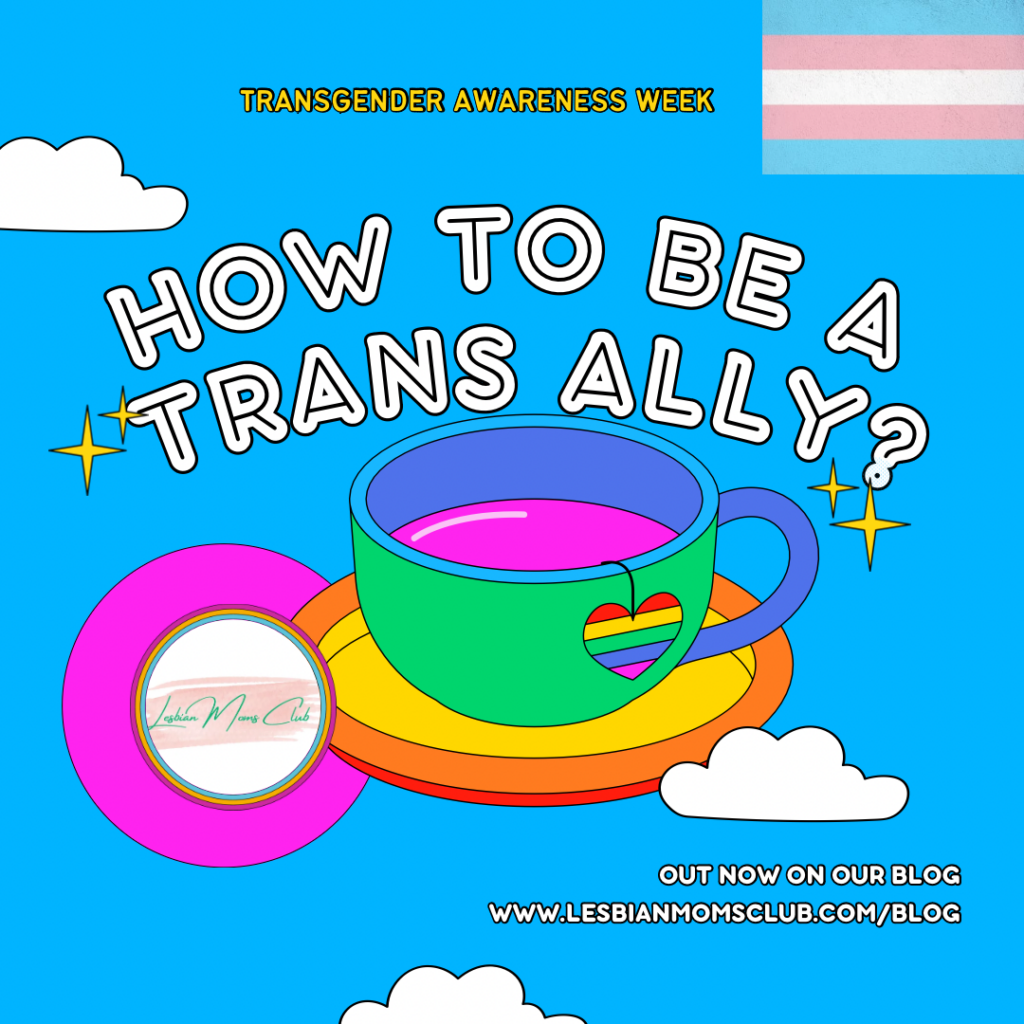
In a world where diversity is increasingly celebrated, it is essential to understand and respect the experiences of all individuals, including those who identify as transgender. Being a trans ally means more than just accepting people for who they are; it involves actively supporting and advocating for their rights and well-being. This blog post aims to provide a comprehensive guide on how to be a trans ally, offering practical steps to foster understanding, acceptance, and support.
Understanding Transgender Identity
The first step to becoming a trans ally is understanding what it means to be transgender. Transgender individuals have a gender identity that differs from the sex they were assigned at birth. This identity is deeply personal and integral to their sense of self. It’s important to remember that gender identity is not a choice, but an inherent aspect of a person’s identity.
Respecting Pronouns and Names
Respecting a person’s chosen name and pronouns is a fundamental aspect of being a trans ally. Using the correct pronouns (he, she, they, etc.) and chosen name is a basic way of acknowledging and respecting a person’s identity. If you’re unsure about someone’s pronouns, it’s always better to ask politely rather than assume.
Educate Yourself and Others
Educating yourself about transgender issues is crucial. Read books, watch documentaries, follow trans activists on social media, and attend workshops or seminars. The more you know, the better equipped you’ll be to support your trans friends and challenge transphobia when you encounter it. Share your knowledge with others too, as spreading awareness is a key part of allyship.
Challenge Transphobia
Transphobia, like any form of discrimination, is harmful and unacceptable. As a trans ally, it’s your responsibility to challenge transphobia whenever you encounter it, whether it’s in the form of offensive jokes, discriminatory policies, or harmful stereotypes. Speak up, even when it’s uncomfortable, because silence can be seen as complicity.
Support Trans Rights
Supporting trans rights is a crucial part of being a trans ally. This can involve advocating for policies that protect trans individuals from discrimination, supporting trans-led organizations, or attending rallies and protests. Remember, allyship is about more than just personal beliefs; it’s about taking action.
Listen and Learn
Being a good ally also means listening to trans individuals and learning from their experiences. Remember, every trans person’s experience is unique, and it’s not your place to question or invalidate their feelings. Be open, empathetic, and willing to learn.
Offer Emotional Support
Trans individuals often face unique challenges and stressors, and they may need emotional support. Be there for your trans friends, offer a listening ear, and provide comfort and reassurance when needed. Remember, your role as an ally is to support, not to lead.
Being a trans ally is a journey of learning, understanding, and action. It involves educating yourself, challenging transphobia, supporting trans rights, and offering emotional support. It’s about standing up for equality and justice, even when it’s uncomfortable or challenging. Remember, allyship is not a one-time act, but a lifelong commitment to supporting and advocating for the rights and well-being of trans individuals. By following these steps, you can become a more effective and supportive trans ally.

